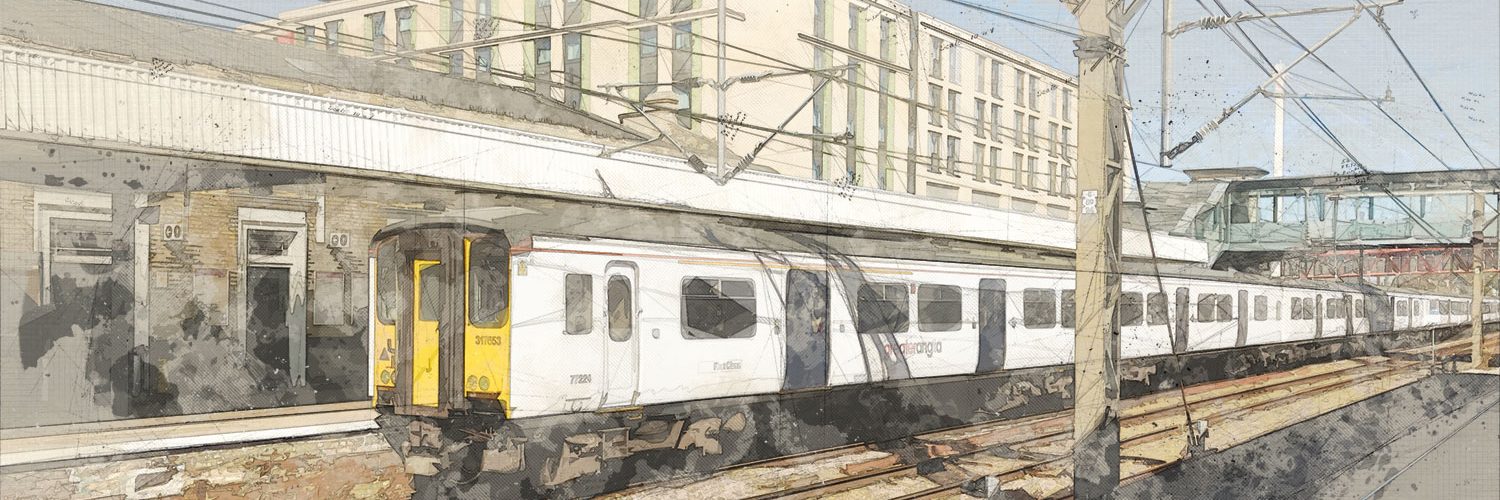When the government announced recently it was suspending all rail franchises, some people declared it meant franchising was dead and the railways had been effectively re-nationalised. Nothing could be further from the truth.
The railway infrastructure and stations have been in state ownership since 2014, but trains are owned and run by companies in the private sector. The government has given no indication that will change.
Rail franchise agreements allow train operators to keep all revenue from ticket sales revenue. Companies therefore bid for a franchise on the basis of their own forecasts for passenger numbers. Costs are largely predetermined: fees to Network Rail are set in advance and the Department of Transport specifies investment requirements, for instance to lease new trains or refurbish stations. The winning bidder typically offers the highest premium or lowest subsidy to run services, based on a more optimistic revenue forecast or lower profit margin than other bidders.
The problem is, railways are susceptible to events outside operators’ control: the impact of the Hatfield derailment in 2000, recession in 2009, and now the COVID-19 lockdown would bankrupt operators if they had to abide by their franchise agreements. For now, the government is offering operators a new contract, paying costs plus up to 2% (based on performance). They are also free to hand the keys to the government as Virgin did with LNER, but this will be only a temporary arrangement.
There is a strong argument that any public service too socially important to fail should be managed by the state. But that doesn’t mean the state must directly own the assets and employ the staff. The way Transport for London (TfL) franchises London Overground, Docklands Light Railway and bus services is another option. It asks companies to tender a cost to run a defined service under a “management contract”. All ticket sales revenue goes to TfL, which therefore takes the hit when patronage falls.
I expect this government to choose TfL-style franchising as its preferred model to ensure continuity of services whilst keeping operations in the private sector. The long-awaited Williams Review will reveal all.
This article was first published in the Cambridge Independent on 1 April 2020.



Add comment